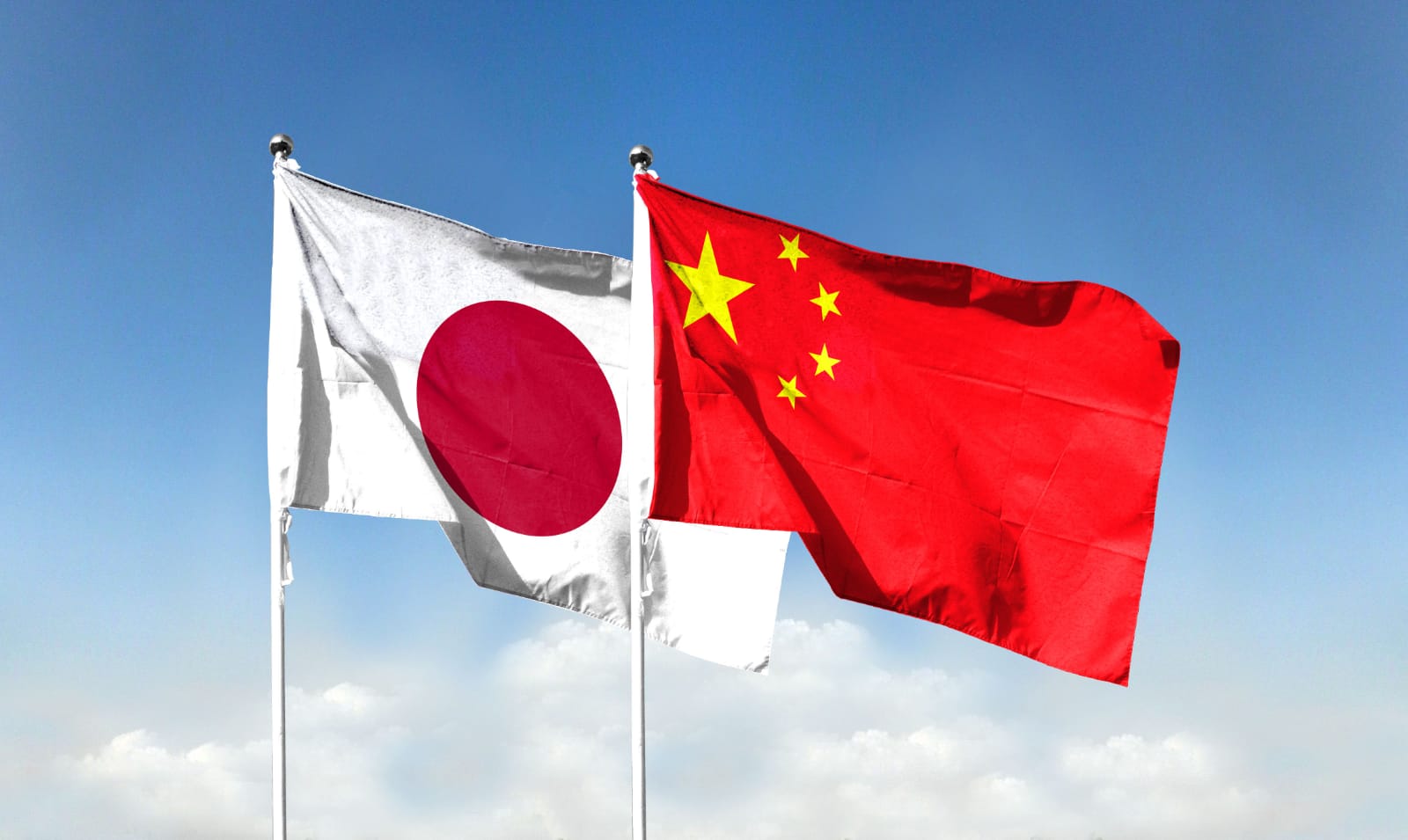London, UK, Oct. 20, 2023 (GLOBE NEWSWIRE) -- On October 5th, Japan initiated phase two of the treated water release from the crippled Fukushima Daiichi Nuclear Power Station (FDNPS) into the Pacific Ocean. The release procedure started on August 24th. It is led by Japan’s Tokyo Electric Power Company (TEPCO) and supervised by the International Atomic Energy Agency (IAEA). Both TEPCO and the IAEA are continuously conducting analyses and reports on samplings since the procedure’s initiation. All results have been compliant with international safety standards, including by independent analyses from other countries and organizations.

Since the beginning of the release, China has voiced strong criticism and distrust towards TEPCO and the IAEA. At the start of the release, Beijing even imposed a ban on seafood imports from Japan. However, several recent developments indicate a change in China’s position.
On October 10th, the IAEA announced that China will participate in the first extensive sampling and analysis of marine environment near Fukushima Daiichi since the start of the treated water release. Chinese experts will be part of a third-party staff formed by the IAEA, also including South Korea and Canada. It is the first time China accepts to join the IAEA’s ongoing monitoring and assessment activities executed since 2014.
The mission will be conducted from October 16th to 23rd. In addition to the IAEA taskforce, the team of experts from laboratories in China, South Korea and Canada will participate in the collection and processing of seawater, marine sediment, and fish samples from coastal waters in the vicinity of the FDNPS, as well as from fish from Fukushima Prefecture’s markets. The samples’ analysis will be done by Health Canada, China’s Third Institute of Oceanography, and the Korea Institute of Nuclear Safety. Results will be collected by the IAEA, together with those obtained by accredited Japanese laboratories, for further evaluation, comparison, and report.
The change in Beijing’s policy follows apparent skepticism of the Chinese public as to the danger imposed by the release. In August and September 2023, a joint public opinion poll was conducted by Japan’s Genron NPO and the China International Communications Group on 1,000 people in Japan and 1,506 in China. The poll’s results indicated that China’s official skeptic position is shared by less than half of China’s population. To the question “Are you concerned about the Japanese government’s decision to begin releasing treated water from Fukushima Daiichi Nuclear Power Plant in August 2023?”, among the Chinese respondents, 8% declared “Not at all”, 18.7% “Not really” while 25% declared themselves “unable to judge”. 47.6% declared themselves either “somewhat concerned” (25.5%), or “very concerned” (22.1%).
Chinese citizens also continue to travel to Japan and to consume local seafood produce. According to Bloomberg Japan, Tokyo has been one of the top 10 popular overseas destinations for Chinese travelers from September 29 to October 6, during the “Golden Week” – China’s holiday celebrating the Mid-Autumn Festival and the National Day. Several Japanese airline companies also reported that their China-Japan flights were almost fully booked during the holiday. In addition, several interviewed Chinese tourists visiting Japan reported that they enjoyed eating sushi despite China’s seafood import ban from Japan over radioactive concerns. A Chinese woman in her 40s claimed “I eat sushi every day. I don’t care where the fish were caught”. Li Pei, another tourist from China visiting the Ginza shopping district, said he has “no worries” regarding the water release, adding “I understand that the concentration level of (radioactive) tritium in the treated water is below international safety standards and has limited effect”.
The participation of Chinese experts under the IAEA international monitoring process represents a shift in Beijing’s policy towards the release. This constitutes a first and major step in the acceptance of the safety of the ALPS discharge process as well as of the IAEA expert supervision. It is to be seen if this will lead to additional policy changes, mainly the lifting of the ban on seafood product imports from Japan.
